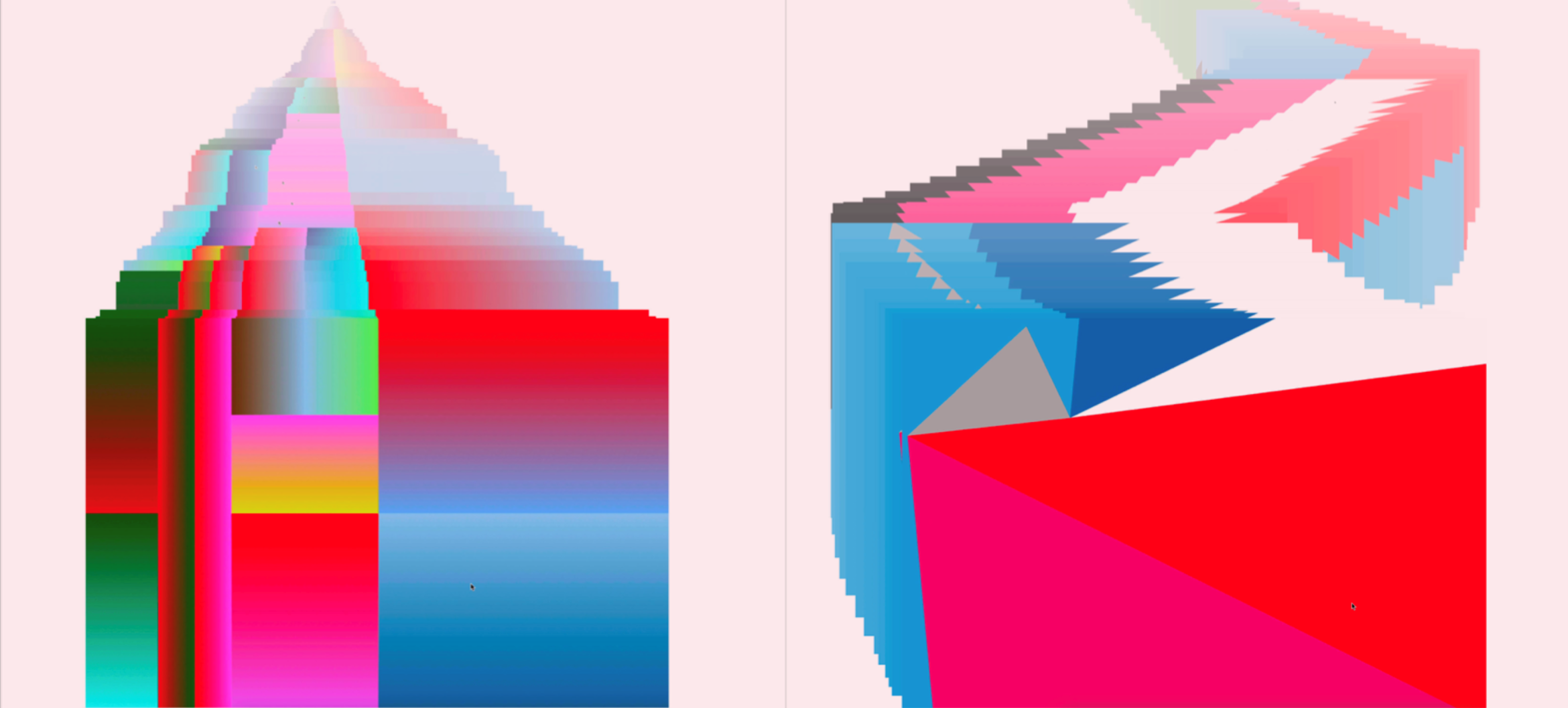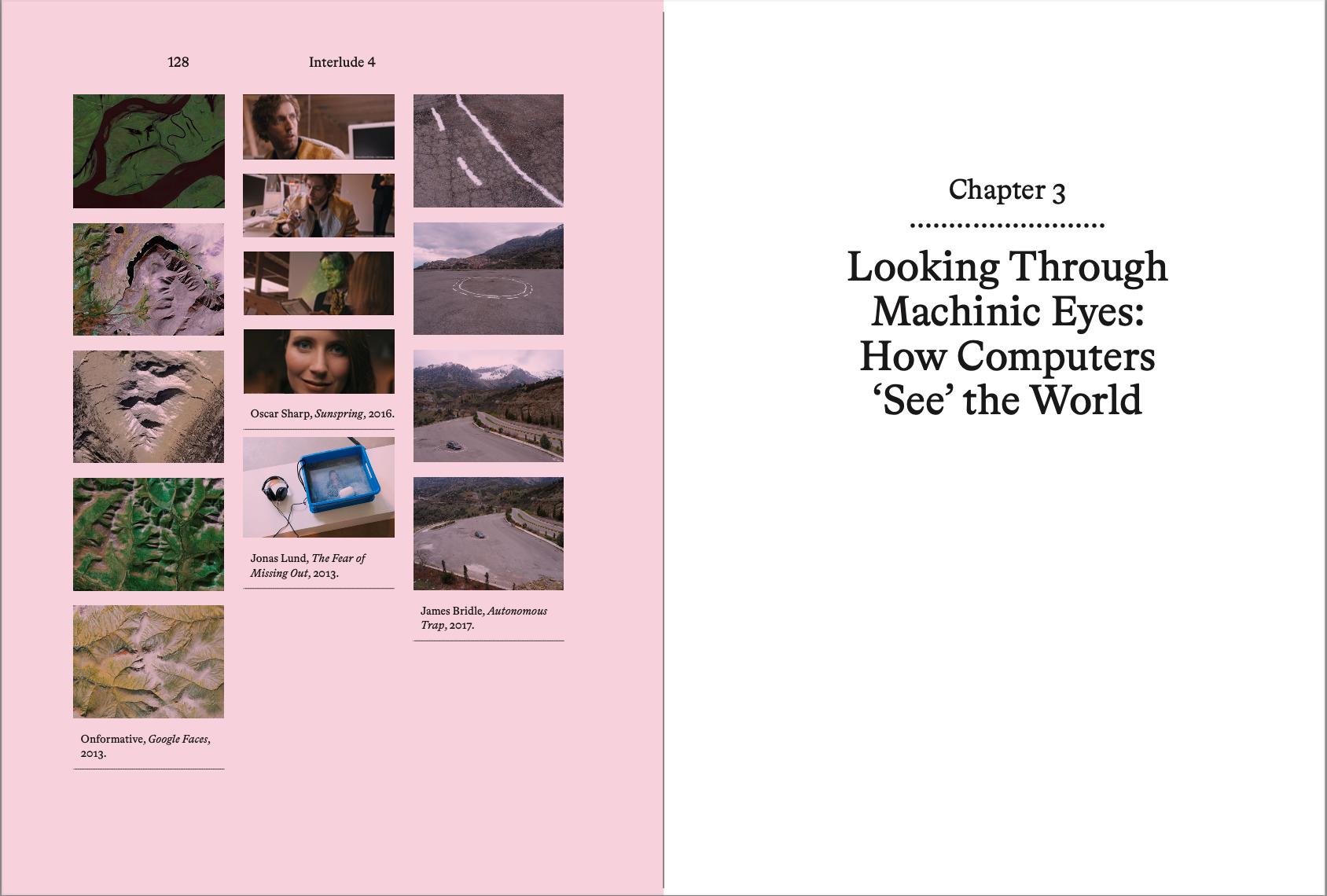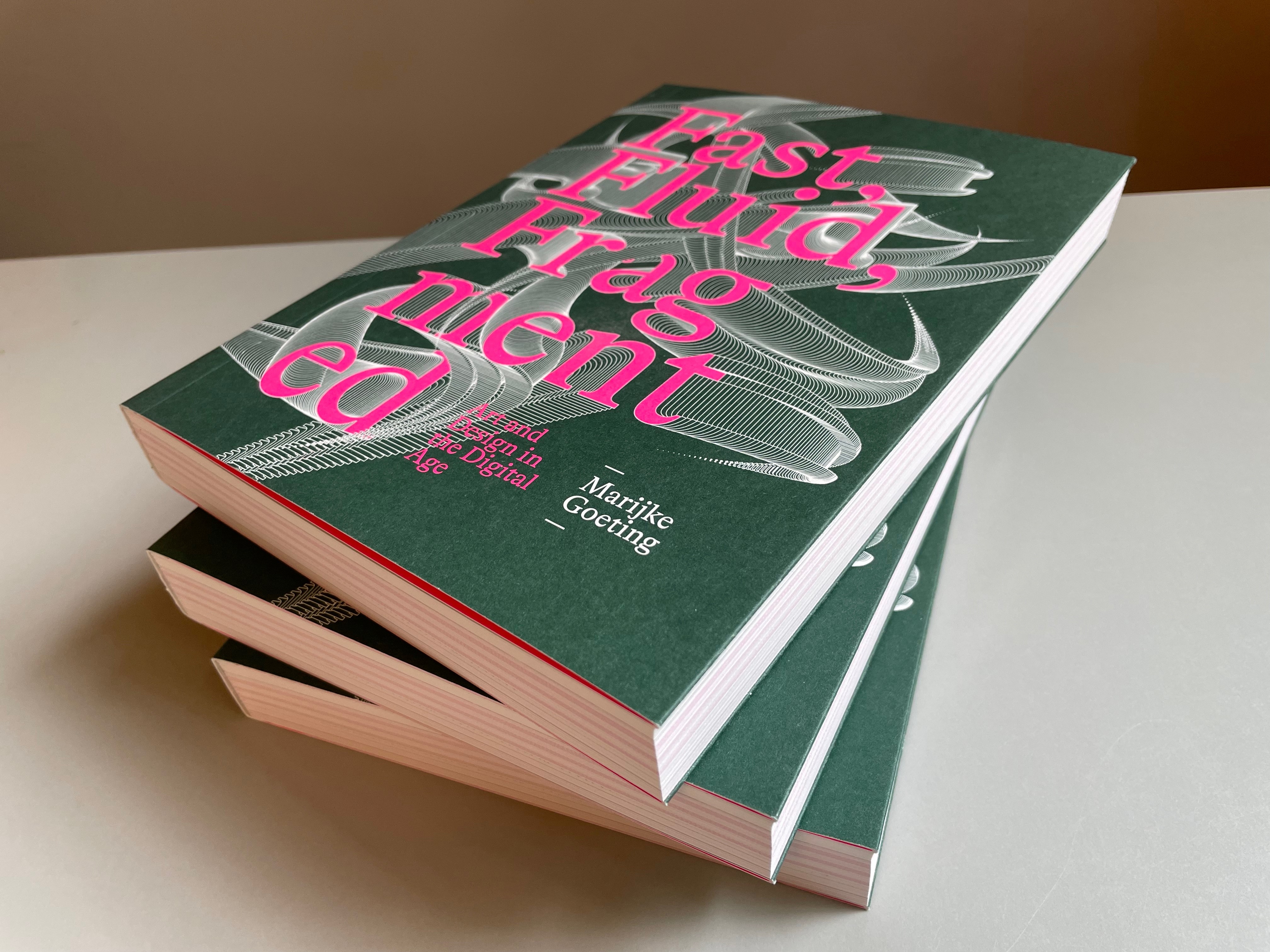Rise of new technology suggests need for a more process-oriented approach to education
- Fine Art
- Design
The future of the art academy; what does it look like? What role does technology play within the art academy of the future? Within ArtEZ, a lot of research is being conducted on educational innovation, and our teachers and students regularly experiment with new forms of education. One of them is lecturer and researcher Marijke Goeting, who teaches theory courses in the Graphic Design and Design Art Technology courses at ArtEZ. Additionally, she earned her Ph.D. from Radboud University Nijmegen with the thesis 'Fast, Fluid, Fragmented: Art and Design in the Digital Age.' Marijke shares insights about technology and art education, a theme that may be more relevant than ever with the advent of generative AI.

"In my doctoral research, I examined how artists and designers critically reflect on digital technologies through their work. Within graphic design, we are constantly engaged with new technological developments. It's an ongoing process that also influences the working methods of students, making it an important subject," explains Marijke. "I involved my students in the research. They have grown up with smartphones and social media, whereas I did not. This gives me insight into the digital world and how they navigate it. Research and teaching go hand in hand for me."
By exploring the work of various artists and designers, Marijke concluded that there are several themes crucial to the field. "As a designer, you need to understand how digital technology influences our culture and critically engage with it, play with it, or resist it. Many creators use their work to demonstrate how these technological systems operate, helping people better comprehend them," she says. Automatic image recognition, 'big data' (rapid processing of large amounts of data), and the impact of algorithms are, according to her, relevant topics.

Process-oriented working
"Due to the increasing popularity of technologies like AI (think of ChatGPT and DALL-E) and their nature as 'black boxes' (closed systems), it is our responsibility, especially within the art academy, to engage with them. It is often perceived as a threat, but AI can certainly contribute to the field. However, it does require us to reconsider our work in a different way," says Marijke.
"AI can generate an image in a matter of seconds; what does that mean for us as designers? What does art education look like in this new context? I believe it's a great opportunity to focus more on the process and less on the final result. A machine can easily create an image for you, eliminating the creative process. With machines, you don't even know how the process works, what exactly is in the database, and you have little influence on the output. The majority of the data comes from the internet, and there are many stereotypical images."
"For me, it's crucial that we get back to the core of education: experimenting, emphasizing the process, and taking risks. It's not so much about the end result but rather about the student's development," explains Marijke. "Focusing on the end result neglects the valuable process that precedes it."
Personal responsibility
Marijke observes that result-oriented work and assessment are prevalent in many educational programs. For her, it's essential that students take responsibility for creating their work. Moreover, she emphasizes the importance of framing education around core criteria. "I ask students to write an essay with specific guidelines. They could use ChatGPT for that, indeed. These models are trained to share the most common information, resulting in an average of all existing information. But I want a student to truly learn something; there should be a process before writing. There should be a question, there should be research. That's much more important than the final result."
For Marijke, a process-oriented form of education would work well for the future (and even now). "For instance, students could keep a diary, make notes in a logbook, poetically describe their process. It's much more interesting when a student experiments. The new technological developments make us reconsider the way we currently teach and how it can truly be different."
What is Future Art School?
Studium Generale, the Education in Art bachelor's courses in Zwolle and the Art Education as Critical Tactics professorship are holding a conference about the future of the art school. The speakers during these events will mostly be students, lecturers and researchers from ArtEZ who responded to an open call. Future Art School at the Spoorzone in Zwolle.
In Marijke's workshop and lecture at Future Art School, titled 'A.I. could do that,' Marijke explores with participants how the advent of AI (or better yet: machine learning) affects our understanding of art, and by extension how new technologies force us to reflect on (the future of) art education.
What at first may seem like a threat may ultimately help us to critically assess some old assumptions about art education and rethink what and how we teach."

Would you like to read and learn more about how ArtEZ is working on the art academy of the future? This story is part of a triptych of stories. For example, also consider reading this interview with Marijke Goeting, where you can learn everything about the influence of new technology on the art academy. Or delve deep into the illustrious art academies of the past with this story about Joanne Dijkman's research. ArtEZ Studium Generale has also organized a conference titled Future Arts School, and compiled an online listening and reading dossier around the conference and this theme. You can find the link to the dossier here.